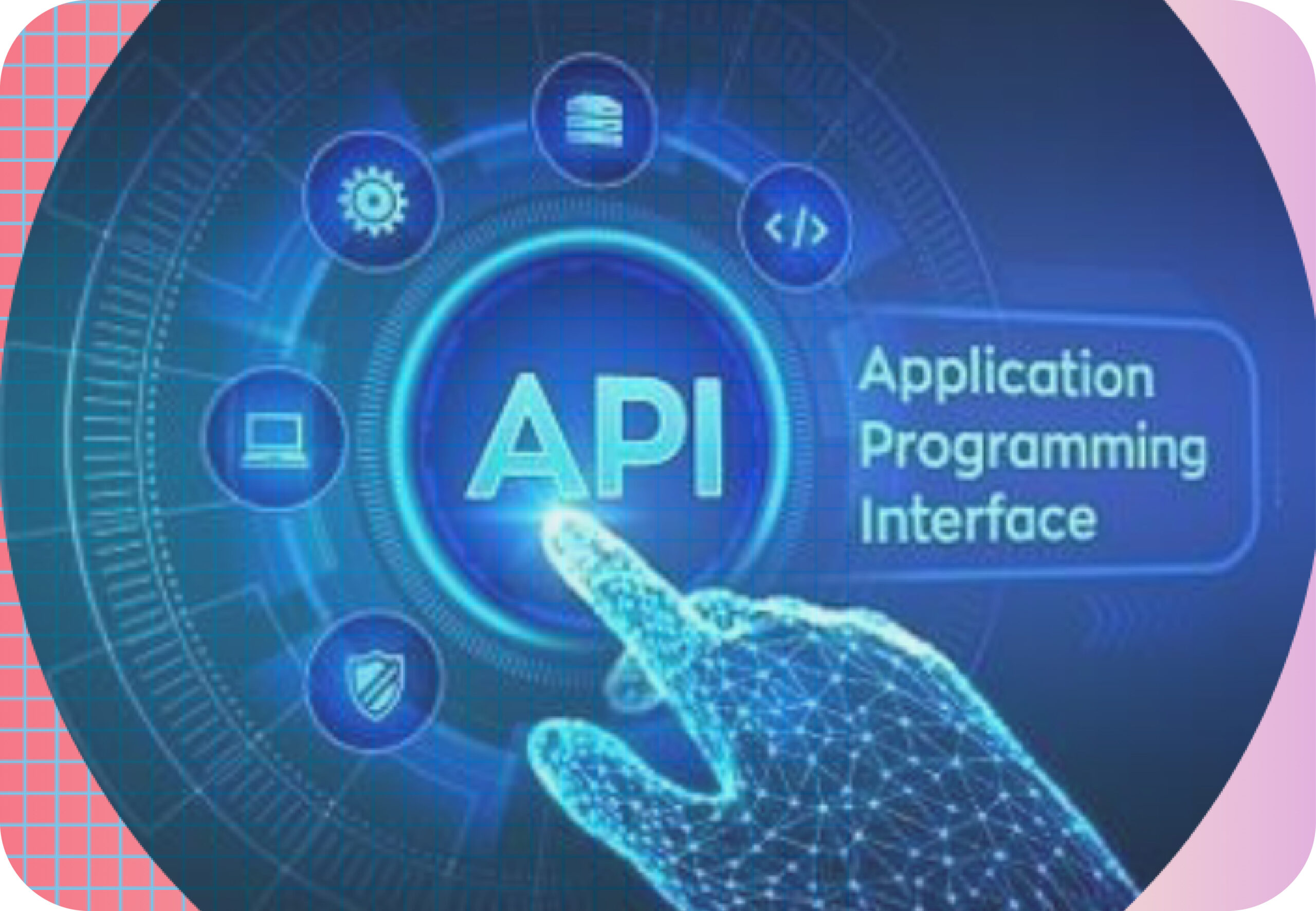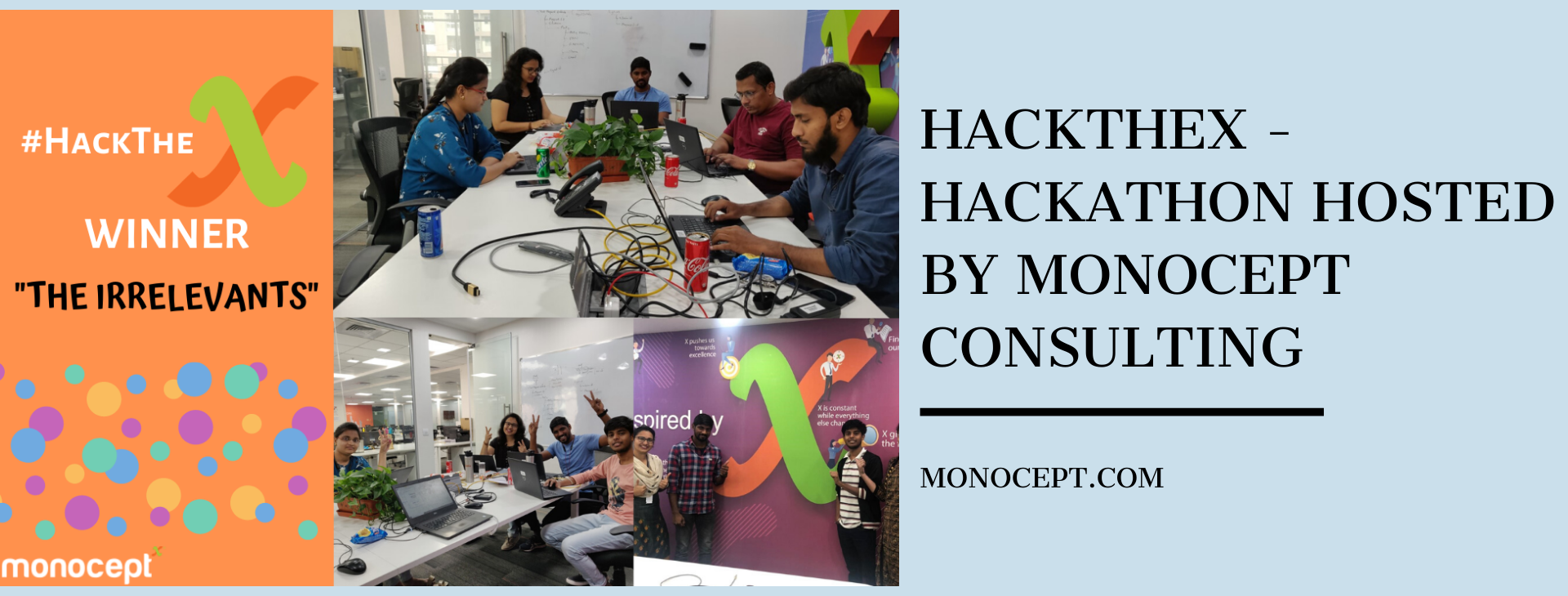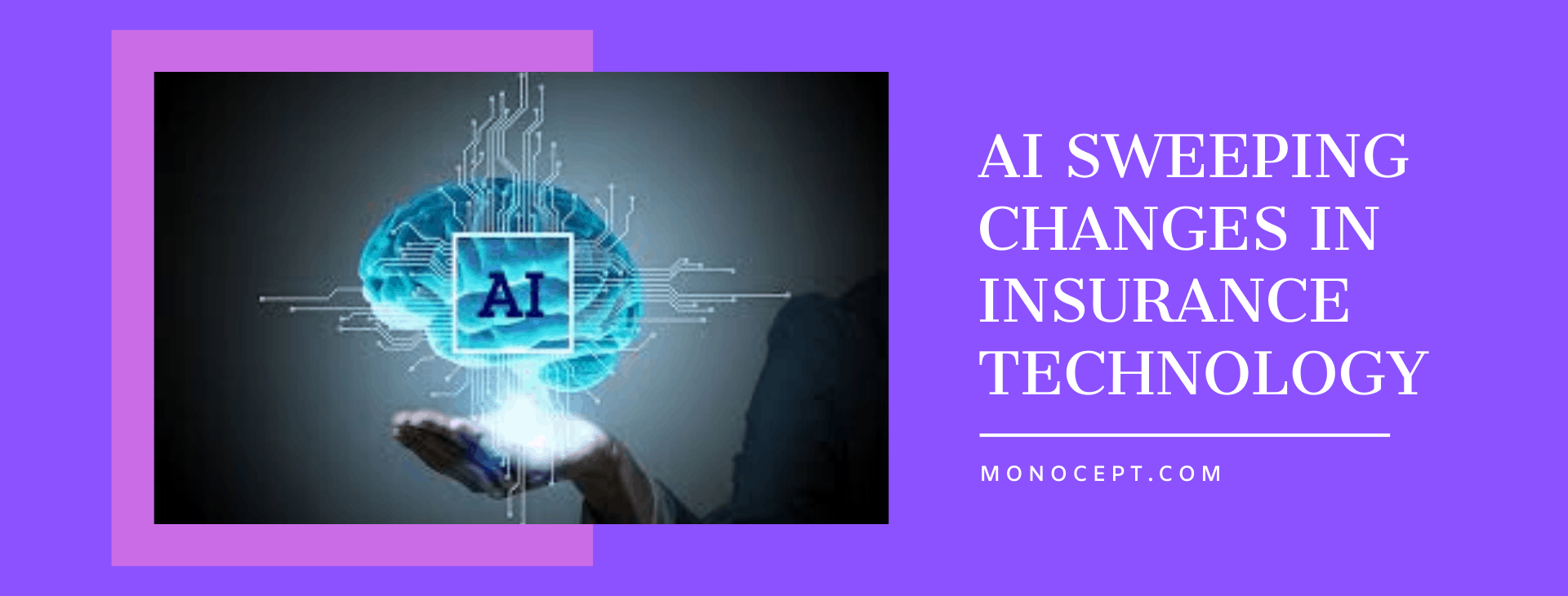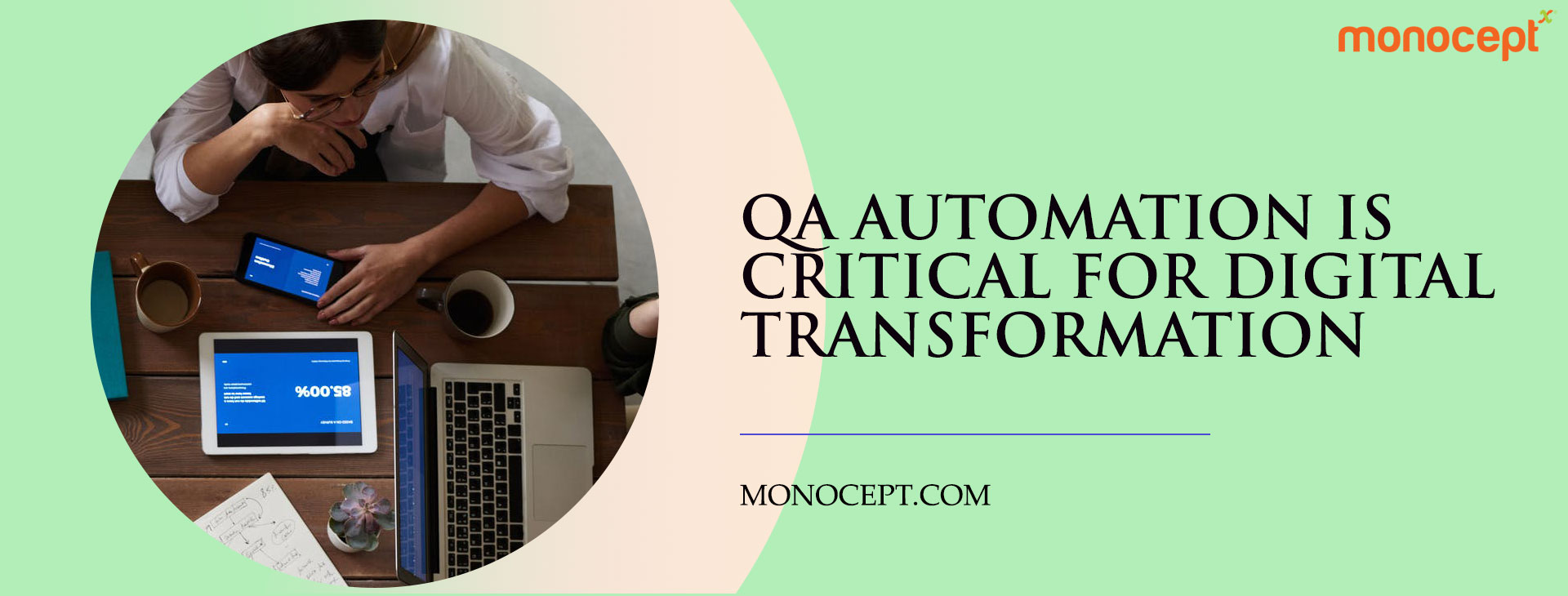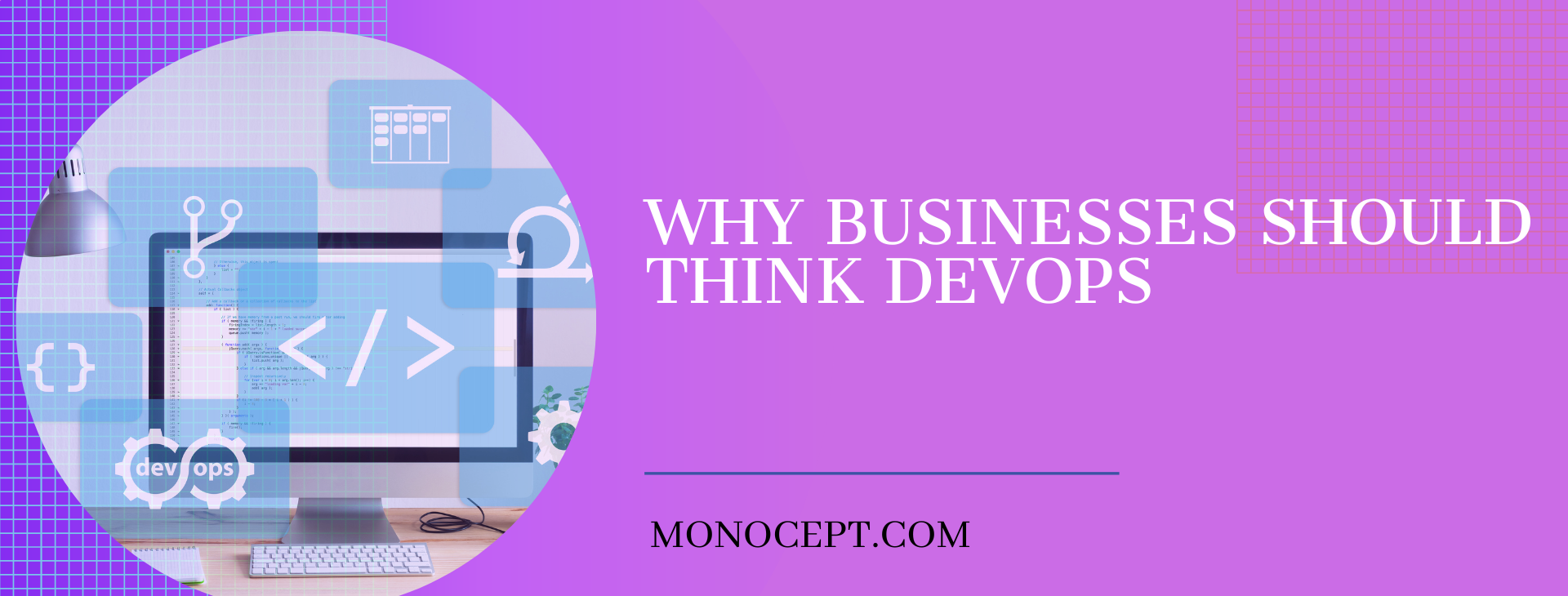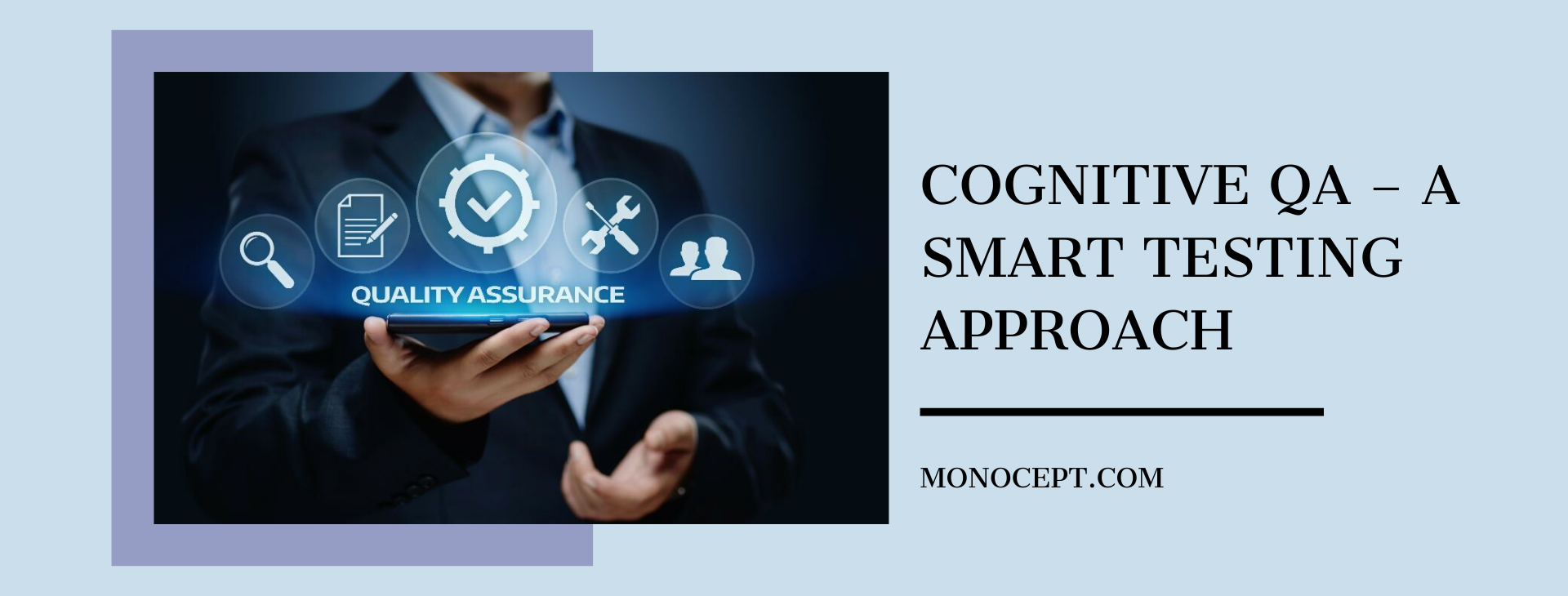Is Devops in the checklist of your Digital Transformation strategy?
The world is in the midst of a radical digital transformation, upending traditional ways of conducting business. In this ever-changing and increasingly digitised environment, and it has become incumbent on organisations to either follow suit or risk losing valuable new and prospective customers to companies who can stay abreast with the rapid pace of change. Even though CIOs are recognising this need for change, it is difficult for large enterprises to undertake exercises that accelerate the digital transformation process due to historical organisational and team structures. Most big companies structure their teams in such a way that they operate in silos. This may have worked in the past, but in the dynamic environment of today, the silo approach makes renders teams incapable of transforming older, legacy applications and technology infrastructure to cater to the needs of today.
This is where DevOps comes in. In a DevOps world, delivery of working software is rapid, agile and carried out in shorter release cycles and quality-bound sprints, rather than as one large consolidated update. The emphasis is on proactive detection of bugs and other issues, instead of reacting and responding to challenges that might crop up at later stages. Using DevOps, organisations can use rapid feedback mechanisms to generate continuous intelligent insights that help improve their product’s value on an ongoing basis.
To begin with, DevOps is not a one-time procedure or the job description of one team within the organisation. It is a company-wide cultural change that involves breaking the barriers between the development and operations team within the organisation. DevOps is a software development model or approach in which a single group of DevOp engineers (developers, system administrators, testers, etc,) work together to and take end-to-end responsibility of the software or application, throughout its life cycle, while optimising for growth and scale. This team is involved from the first stage of understanding and analysing business requirement to development, the various stages of testing, deployment, monitoring, gathering feedback, and finally, making changes and implementing them.
There are three important and valuable aspects to the DevOps approach:
Continuous monitoring
Updating a software continuously can pose several problems in deployment. Multiple apps must be rendered flawlessly on mobile and web interfaces, especially in industries where customers need consistent access to information — anytime and anywhere. In such situations, even minor instances of downtime can prove costly for the company. In the DevOps model, since each member of the team is equipped to carry out every task, there is continuous and careful monitoring for technical issues. This proactive approach ensures that development schedules are not disrupted and flaws are discovered, diagnosed and fixed efficiently.
Continuous development: In industries where customer demands can change drastically, depending on consumption trends, there is a need for continuous development of features and functionalities that improves the customers interaction with the service in the least possible time. However, this speed of development should not come at the cost of product quality. In the DevOps model, automation tools are used to monitor the application, so that developers are constantly receiving customer feedback and incorporating it into the product.
Continuous deployment: In addition to DevOps’ continuous delivery implementation, next-gen analytics tools and cognitive technologies such as autonomics have made it possible to add adaptive automation to the process. This not only helps in identifying potential issues with the application, but also enables the system to solve common and recurring problems within the software delivery cycle. This increases the speed of deployment, accelerating the company and customer’s digital transformation journey.
Monocept has undertaken triumphant DevOps missions for their partners. To know more drop a mail at info@monocept.com









